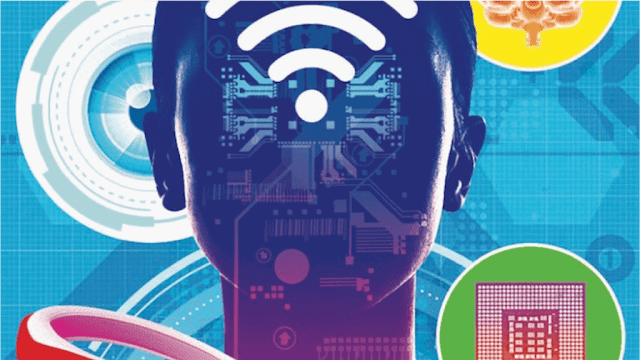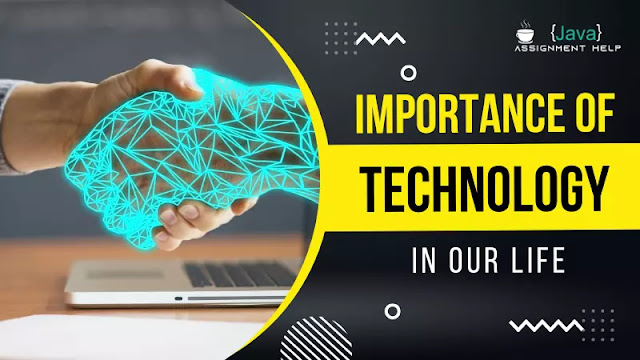Emerging Healthcare Technology
AI, augmented reality, virtual concierge, voice search and a host of other new technologies are revolutionizing the health industry. Read on to learn more about the emerging healthcare technology trends that are making an impact in 2021.
Artificial Intelligence
Artificial Intelligence (AI) has the potential to improve healthcare delivery. From self-service models that make it easier for patients to find and book appointments, to chatbots that connect them with doctors online, AI technology is already changing how we access care.
AI has the potential to improve the efficiency of the healthcare system, by reducing the time clinicians spend on data entry and documentation tasks. Likewise, AI tools can help physicians identify patients with high risk of developing diseases or experiencing problems with their treatment plans.
Internet of Things (IoT)
The Internet of Things (IoT) is changing healthcare technology. It’s helping doctors remotely monitor patients, streamline pharmaceutical manufacturing processes and allow hospital staff to access patient data more efficiently.
Healthcare has been a fast adopter of IoT technology and this trend is only set to continue. Smart sensors and devices are now used to track assets, regulate energy consumption, and help keep hospitals safe and secure.
IoT in healthcare is a powerful tool that can save lives, improve patient outcomes and reduce costs. However, it is important to understand how this technology can be used safely.
Drones
Drones, or unmanned aerial vehicles (UAVs), are an emerging technology in healthcare. They can be used to deliver medical supplies, vaccines and medicines to remote locations.
They can also be used to deliver blood and other life-saving equipment. In addition, drones can be used to check on elderly patients in their homes.
For instance, Zipline drones are currently being used to deliver vital blood products to hospitals in Rwanda and Ghana. These drones can deliver up to 1.8 kilograms of essential medicine per flight.
Robotics
Robots are becoming more widely used in healthcare, from robotic surgery assistants to bots that help patients regain mobility during rehabilitation. They can also be used to disinfect hospital equipment or deliver medication and test results to medical staff.
Surgical robots help surgeons perform minimally invasive surgeries through a small incision, reducing the risk of blood loss and infections. They can be controlled remotely from a console and can be used to perform procedures in areas that are difficult to reach.
They can also assist with telepresence, letting specialists weigh in on a diagnosis or monitor patients at home. And they can take over mundane tasks like taking blood or recording temperature, freeing up time for nurses to spend on more important patient care duties.
Digital Therapeutics
Digital Therapeutics (DTx) is a category of software systems that help patients cope with various health conditions and illnesses through tips, behavior recommendations, exercise plans, and medication intake alerts. Not unlike drugs, these products provide clinically proven results that impact a condition, such as increasing adherence to medication, reducing side effects or guiding towards healthier lifestyle choices.
Digital therapeutics have huge potential to improve patient outcomes, reduce healthcare costs, and make care delivery more efficient. However, incumbents must build the digital capabilities needed to be competitive in this space.
Remote Patient Monitoring
Remote patient monitoring (RPM) is a growing healthcare technology that uses medical monitoring devices to monitor patients outside traditional clinical settings. It has gained significant attention for its potential to improve patient outcomes, reduce healthcare costs, and increase access to care.
RPM allows healthcare providers to monitor patient vital signs and physiological data from the comfort of their own homes or remote locations, allowing them to detect and respond to changes in health conditions early. It also increases patient engagement and provides them with real-time information on their condition, enabling them to make more informed decisions about their health and treatment options.
Blockchain
Blockchain is a technology that uses a decentralized digital ledger to record data. It is encrypted, timestamped, and cannot be tampered with.
In healthcare, blockchain can be used to store medical records. This is an important use case because it can improve patient safety and reduce costs by ensuring the integrity of sensitive medical information.
There are several companies in the health care space that are developing blockchain solutions. These include Avaneer, ProCredEx, and MedRec.




Comments
Post a Comment